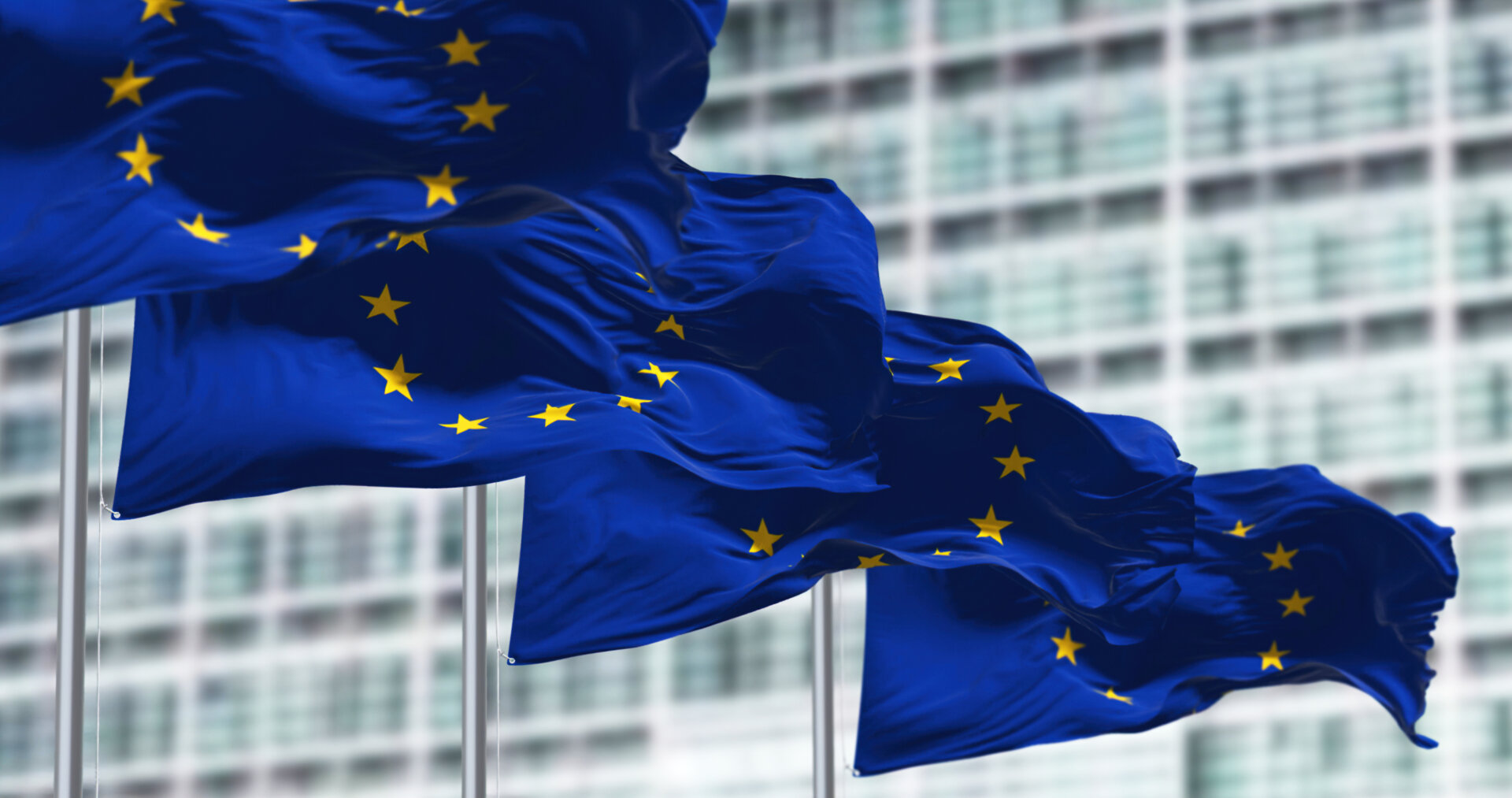In December 2019, a newly appointed European Commission put forward the European Green Deal (EGD) and repositioned the EU as a climate leader. However, today, the EU struggles to maintain this position as a global leader under the combined stresses of Russian aggression, US competition, and a rising China. Going forward the EU needs to stay the course, rolling out the Green Deal at home, and acting as a reliable and engaged partner to catalyse worldwide decarbonisation.
The European Green Deal repositioned the EU as a global climate leader in 2019
Since 2019, the EU has led the world by increasing its climate commitments (from at least 45% emission reduction below 1990 levels by 2030 to at least 55% net) and establishing the world’s first whole-of-economy decarbonisation framework, the European Green Deal (EGD). In 2021, the EU also set aside EUR 300 billion in investment through the Global Gateway set out “to boost smart, clean and secure links in digital, energy and transport sectors” across the world.
However, fearing international competitive pressures as it went through its transition, the EU set out to complement its emissions trading scheme with a Carbon Border Adjustment Mechanism (CBAM). The mechanism would gradually impose a carbon price on embodied emissions of certain traded goods, with the aim to equalise carbon costs for importers and EU producers. At a time of difficult vaccine geopolitics, this raised concerns from countries crying protectionism, and the EU missed the opportunity to positively engage with its global partners by explaining the benefits of the EGD and the support provided through the Global Gateway.
Today the EU struggles to appropriately respond to changing geopolitics
During the current legislative period, Europe has experienced a drastic change in geopolitics. Russia’s war on Ukraine has heightened concerns about physical and energy security in Europe and triggered a cost-of-living crisis. China increased its assertiveness, aiming to transform the international system. The green incentives of the Inflation Reduction Act (IRA) risk attracting the green industry away from the EU.
Within months, the EU responded with the Green Deal Industrial Plan to boost domestic green industry and strengthen its strategic autonomy. To reduce its dependence on one country for critical resources, the EU put forward a “de-risking” strategy to meet industrial ambitions: diversify the supply chains for critical raw materials through new green tech and critical raw materials partnerships.
However, the lack of active EU engagement in the past has led to scepticism from third countries. The promising Global Gateway initiative has struggled to build international support for the decarbonisation agenda, as it has faced challenges with a ‘Team Europe’ approach; an effort to align the EU’s and its member states’ diplomatic engagement, implementing agencies and public development banks.
Global climate action requires a strong European contribution at home and abroad
Historically, the EU has positioned itself as the world’s reference on how decarbonisation can be achieved, a position it still holds. What the EU does next will determine the speed, scale, and form of the transition globally. But the EU needs other countries to decarbonise, and other countries need the EU’s support to decarbonise, too. The world cannot afford a slow, inward-looking, and extractivist Europe.
Europe can serve its own interest – its economic resilience and climate safety – by rebuilding trust and having an offer to third countries distinct from that of China or the US.
This rides on
- maintaining credibility by delivering on the European Green Deal at home,
- building a reputation as a reliable and engaged partner for third countries, notably by developing the Global Gateway into a catalyser for decarbonisation and transformation globally, and
- in the short-term winning the most iconic international fight at this year’s COP: agreeing on a phase-out of fossil fuels and strong renewable energy and energy efficiency global goals.
Read other blogs in our state of the Union series:


